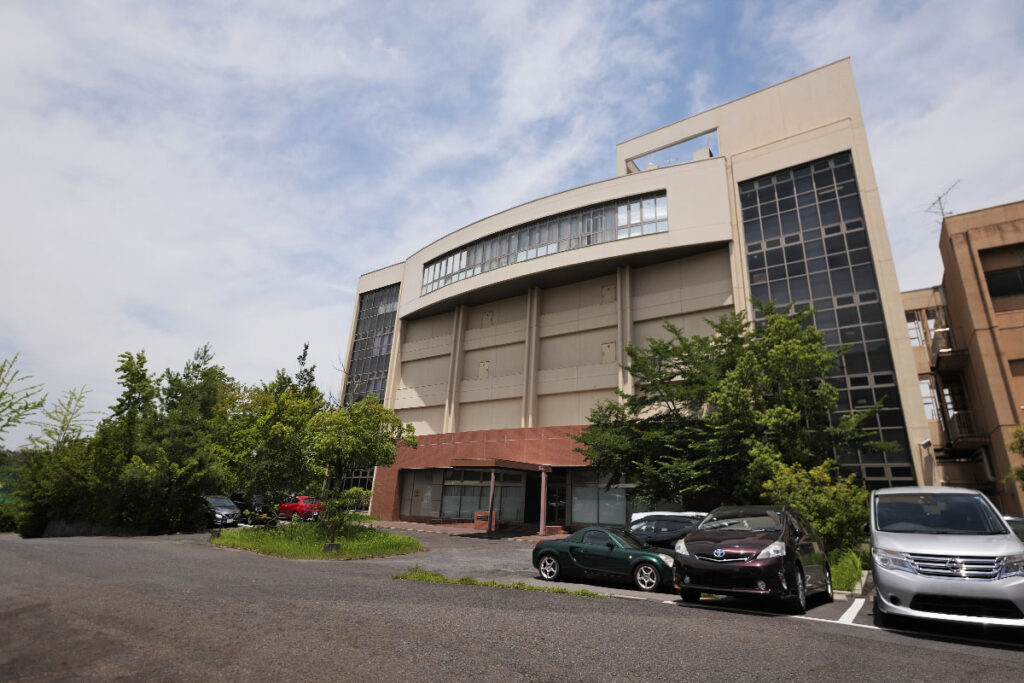
演 題:
「Autistic-like Behaviors and Atypical Brain Connectivity in Genetically Engineered SHANK3 MutantMacaques 」
演 者:
Yang Zhou Ph.D.
(Montreal Neurological Institute-Hospital, Department of Neurology & Neurosurgery McGill University,Canada)
日 時:令和1年 12月4日(水) 17:00〜
場 所:基礎研究棟2階 教職員ロビー
〈講演要旨〉
Mutation or disruption of the SHANK3 (SH3 domain and ankyrin repeat) gene represents a highly penetrant,monogenic risk-factor for Autism Spectrum Disorder (ASD) and is a leading cause of Phelan.McDermid syndrome(PMS). Affected individuals with a SHANK3 mutation commonly exhibit comorbid traits including global developmentaldelay, sleep disturbances, lack of speech or severe language delay, and characteristic features of ASD such as socialimpairments and stereotypes. Previous studies in rodents have yield abundant neurobiological discoveries at themolecular and cellular levels. In this study, we explored the feasibility of using Non-Human Primate (NHP) to gainfurther insights into the neurobiological mechanisms of PMS and ASD. Cynomolgus macaques are a classical NHPmodel for neuroscience research, and their brain structure and circuits are closer to that of humans than rodents. Weapplied a genetic technology called CRISPR/Cas9 to engineer mutation of the gene SHANK3 in the monkey genome,and demonstrated the germline-transmissibility of these mutations to their offspring. Genotyping of somatic cells andsperm from engineered monkeys confirmed mutations in the SHANK3 gene. Analysis of fMRI data revealed alteredconnectivity patterns among various brain regions, which is indicative of circuit abnormalities. The mutants exhibitedsleep disturbances, motor deficits, and increased repetitive behaviors, as well as social and learning impairments.Although these data are preliminary due to the small number of founder mutants, our study demonstrates thefeasibility of using NHP for studying PMS and ASD, and provides a platform to test potential therapeutic approaches.
*本講演は大学院の医学総合研究特論の一環として認定されています。
依馬 正次
滋賀医科大学、動物生命科学研究センター
幹細胞・ヒト疾患モデル研究分野
〒520-2192 滋賀県大津市瀬田月輪町
PHONE : 077-548-2334(直通)
FAX : 077-543-1990
E-MAIL : mema@belle.shiga-med.ac.jp
